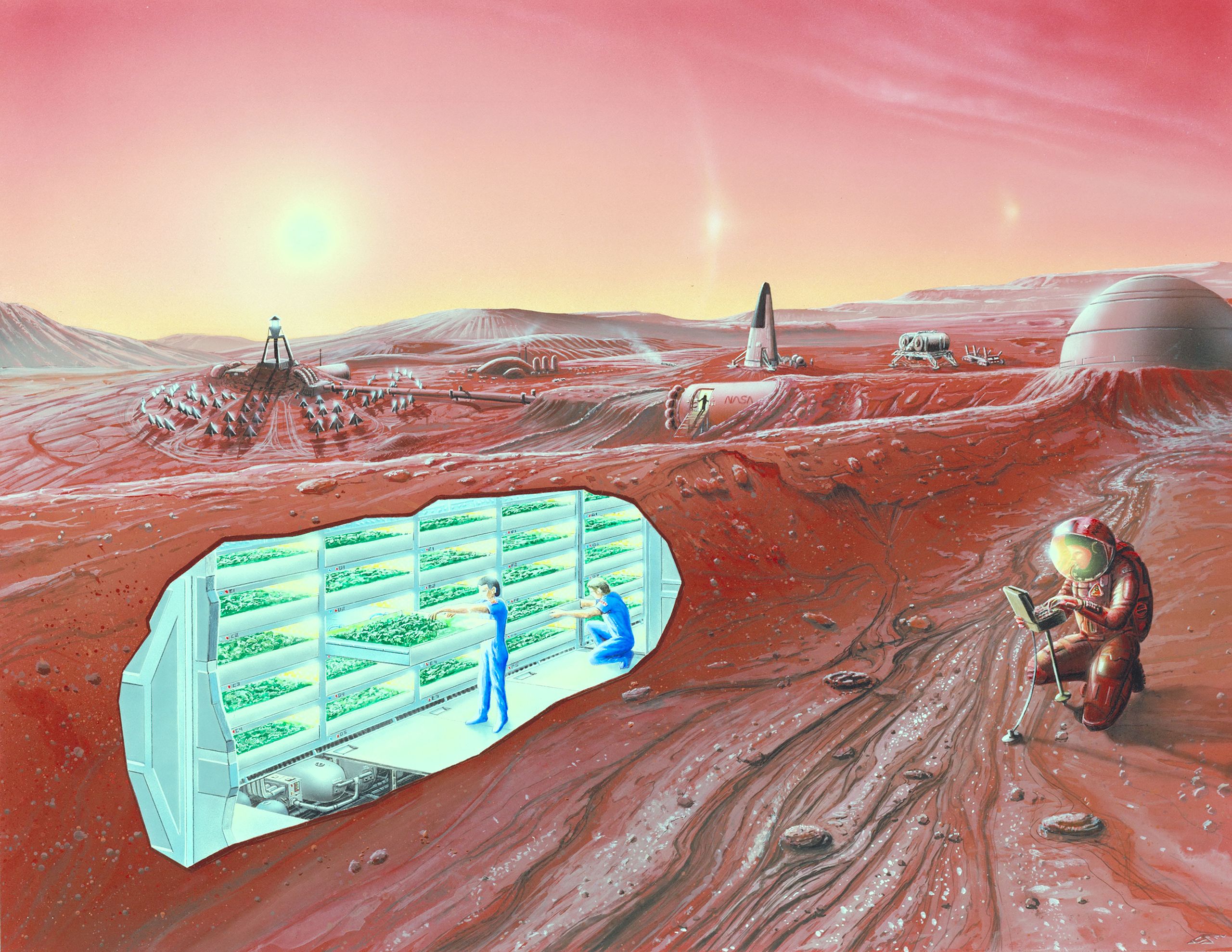Rob Martienssen:Plants, of course, are going to be a major component in the future of this planet, of humanity on the planet, in two very large areas. One, of course, is in food production. As the human population increases, food becomes more and more important, but also in bio-fuels, which have great potential for reducing atmospheric carbon and reducing reliance on fossil fuels. In both cases, the ability to clone plants is very important. Most of the major energy crops that are currently used, for example, sugar cane, even oil palm and some grasses that are like Miscanthus and Switch Grass that are being proposed as non-food bio-fuel crops, are all propagated as clones and so the epigenetic changes that they undergo need to be understood. One of the big problems with bio-fuels that has economic problems with bio-fuels that has come to light in the last few years is that, of course, if we use food crops for bio-fuels this pushes up the price of food, and so there has been a great interest in the last few years to find alternatives to food crops that don’t grow on arable land and instead can be used specifically for bio-fuels. We’ve become very interested in aquatic plants as a possibility here, and one of the most impressive aquatic plants from a bio-fuel point of view is common duck weed. The reason for this is that duck weed doubles in biomass every 48 hours, sometimes even less, and as a result it has the highest per hectare increase in biomass of any plant, even though it’s a very small plant. They’re amazing organisms. As anyone who has a pond will know, especially if that pond is for example on a golf course or something like that where there is a lot of fertilizer put into the ground, the fertilizer will run off into the pond and duck weed is actually a very efficient user of waste water, if you like. It can convert high nitrogen and high phosphorus water into much cleaner water and at the same time massively increase in biomass.
So we’re interested in using or optimizing duck weed for use as a biomass bio-fuel based on its ability to grow on waste water and water in places which you would never imagine crops would grow. There are various ways to do this. We’re taking a lesson from the—another very popular bio-fuel, which is algae, green algae. So green algae have the ability, again, to grow in water and at very high rates, but they also have the ability to make oil directly and this has been very exciting in the bio-fuels community. However, it still energetically is not efficient to make oil from algae. You put more energy in, mostly from artificial light and keeping things sterile and so on than you get out in a form of oil.
Now duck weed is a much more robust organism. It’s a real plant, and so it can grow outdoors. It doesn’t have big pathogen problems and it can grow very, very fast. So if we can persuade duck weed to make oil instead of starch we’ll be a long way on the path to making a really efficient bio-fuel.





